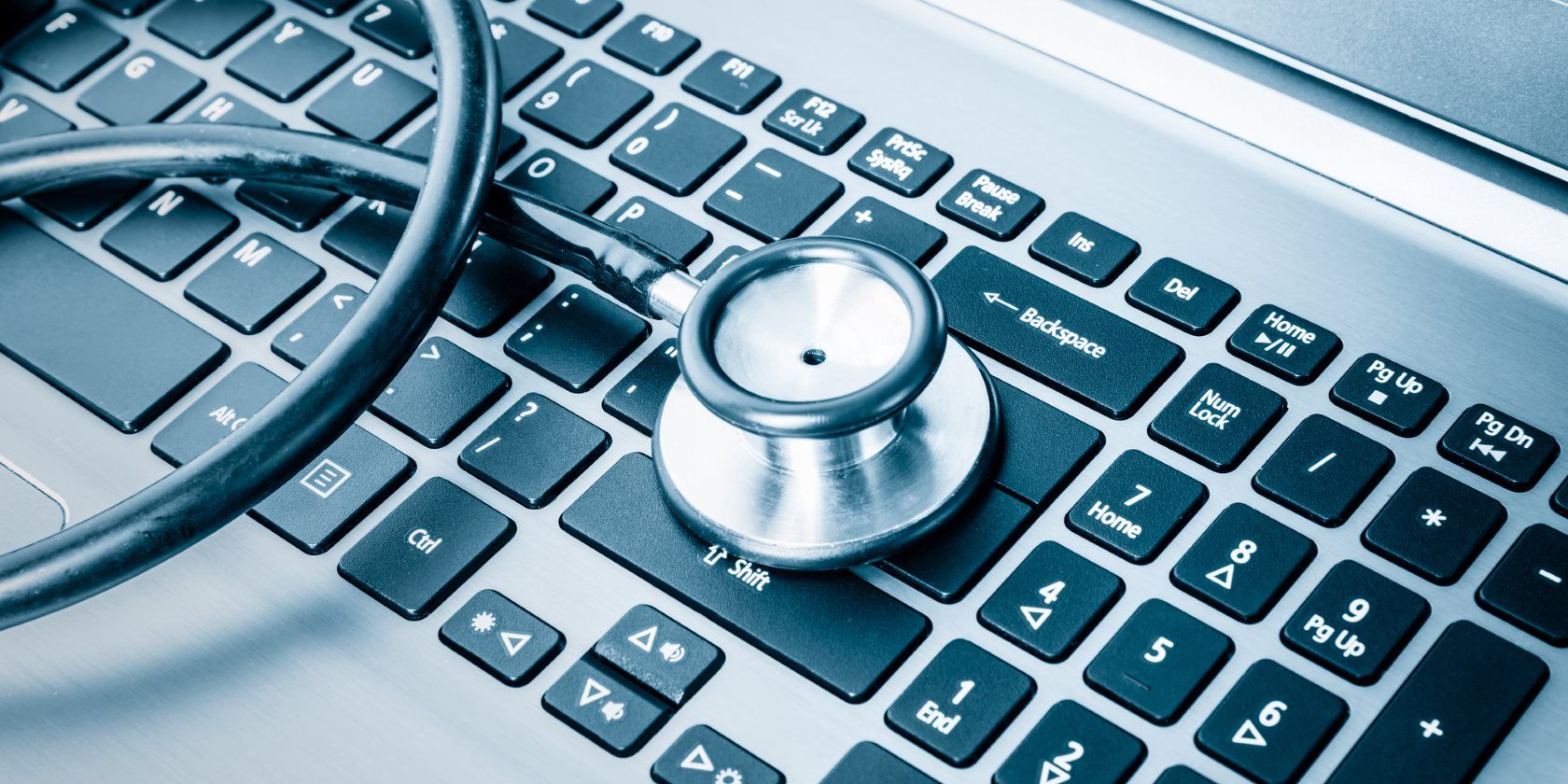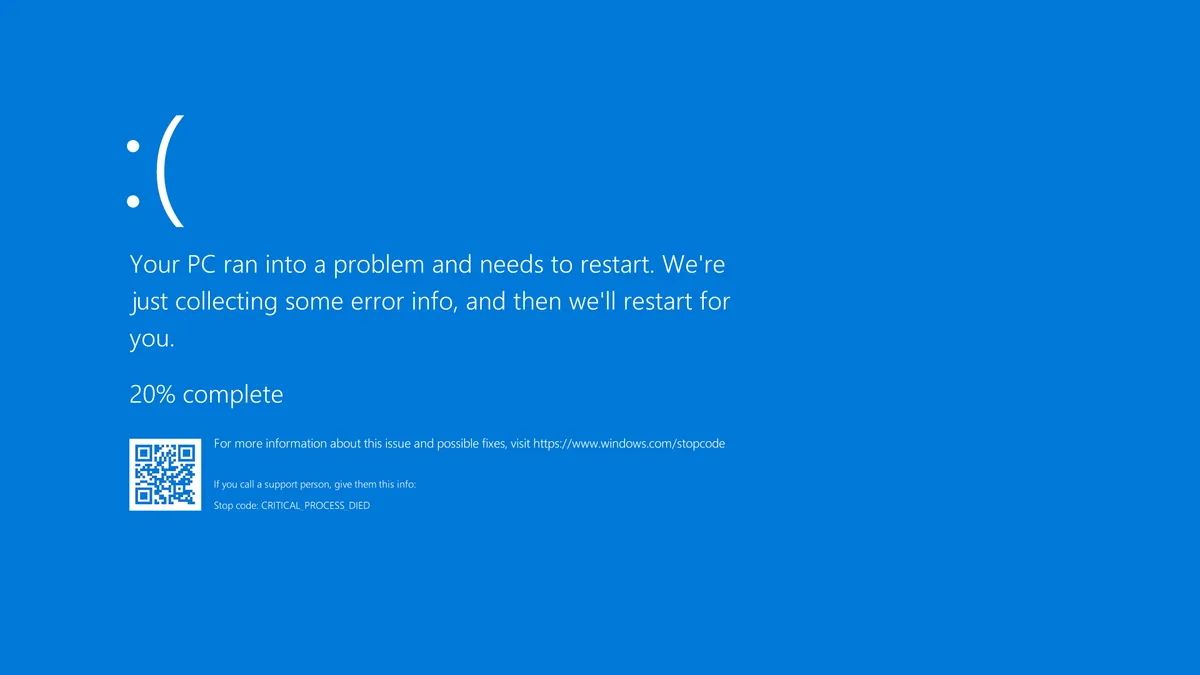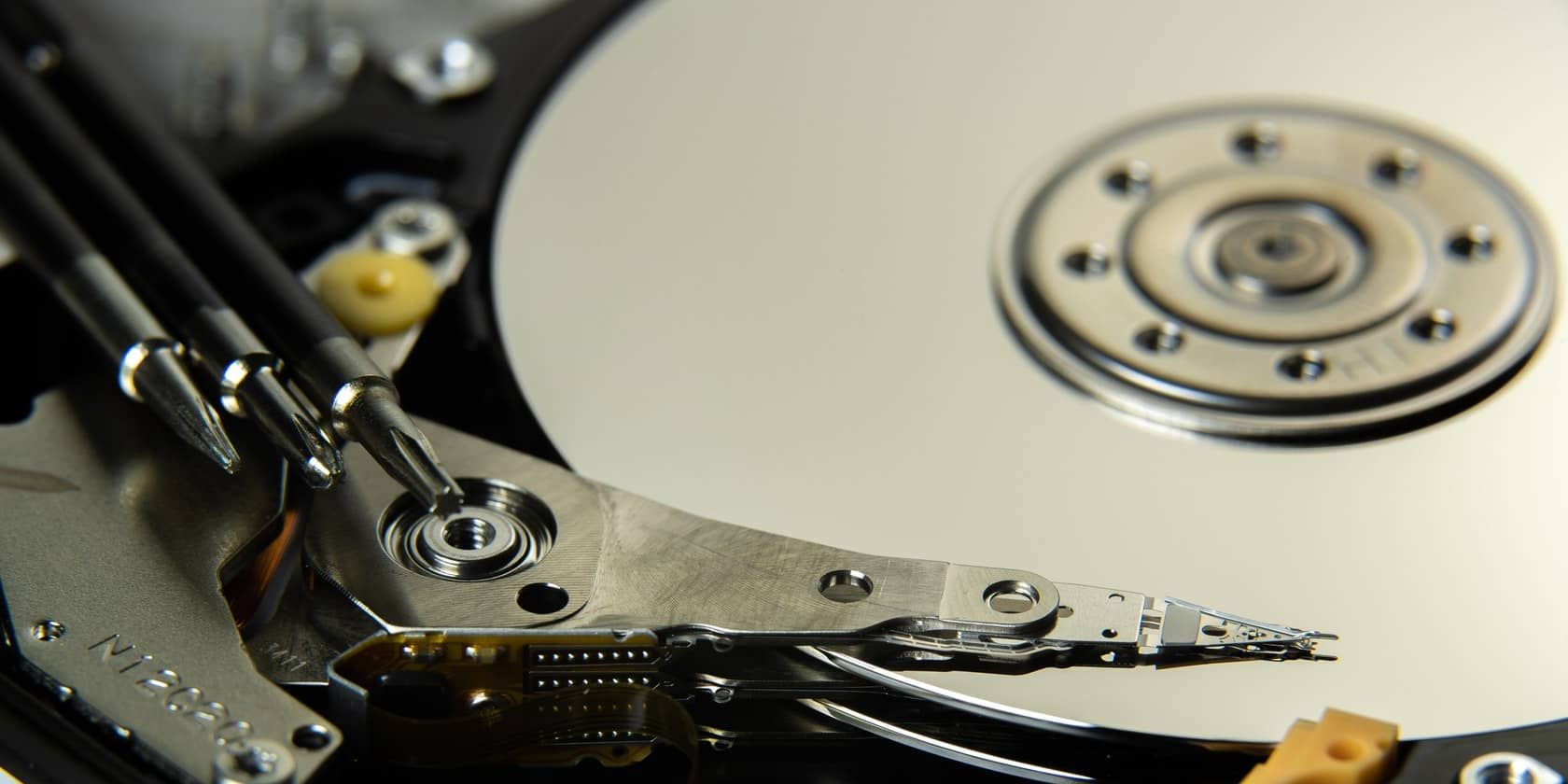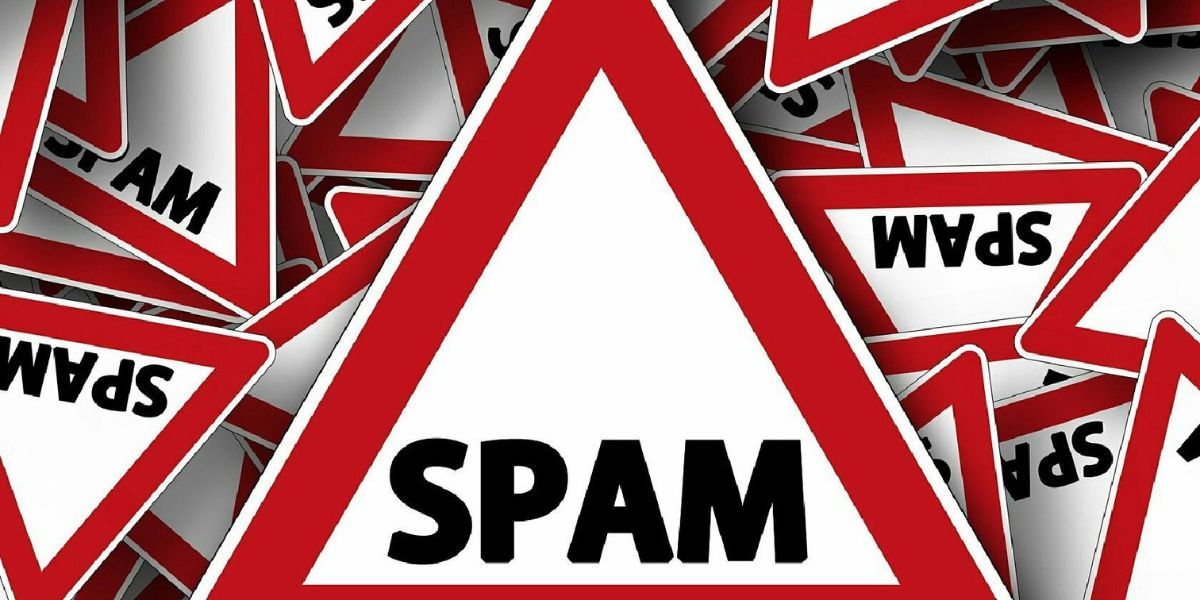If you ever find that you're the victim of a malware attack, you're in for a hard time. With successfully installed malware on your computer, hackers will use it to access your confidential data, ask for money, or damage your device.
Before you jump to conclusions upon noticing occasional glitches on your computer, remember that there's a chance it isn't infected with malware. The unusual activity may be the result of a program using a lot of your resources or a temporary bug that the next system update may fix.
Here, we'll discuss some telltale signs that your PC has a computer virus.
1. Your Browser Starts Misbehaving
Popups were the scourge of the mid-2000s. The incredibly irritating screen hogs were often associated with Internet Explorer and became synonymous with malware lurking on your computer. Of course, these days, a popup may just be a particularly annoying advert.
However, if you are getting popups even when your browser isn't open, then it might be a sign that all is not well. Many of these malicious popups will be for fake antivirus software or alerts that your machine is infected.
Popups aren't the only indicator of concealed malware. If you find unexpected toolbars cluttering your browser, that's often evidence something's amiss. Most browsers allow you to search from the address bar, and it often defaults to Google. So, if your search provider has suddenly changed or your Google search results look unusual, then you can be sure you have an unwelcome intruder.
2. Your Antivirus Is Disabled
If someone wanted to break into your home, then one of the best ways of entering undetected would be to deactivate your home security system. The same is true of a computer virus.
Some forms of malware can disable your antivirus software's service, giving it unfettered access to your device. If the service is disabled or your preferred antivirus software is unable to update, then it's time to use a malware removal tool.
3. Your PC Has Slowed to a Crawl
There are many reasons why your PC's performance may slip over time. You should eliminate all the main suspects—including memory hogs like Chrome—and check that all your hardware is in good working order.
If you find everything to be functioning as expected, but your device is still slowing down, then it's a good indicator of a malware infection. Malware can run applications and services in the background that clog up your computer and can have an incredibly detrimental effect on your computer's performance.
4. Your Files Are Disappearing
In recent years, one of the most devastating trends has been the rise of ransomware. This infection encrypts all your files, putting them beyond reach. The only way to unlock them is to pay the ransom, often in Bitcoin, but without a guarantee that you will get them back. The time between infection and encryption is often short, so the best defense is to back up your files regularly.
The best advice if you become infected with ransomware is to not pay the ransom. Other forms of malware can also lead to your files going errant. This can often be harder to detect, as you probably only notice once you need to open the file. That said, if large chunks of data are missing, then you should start scanning for a computer virus.
5. You Have Trouble Connecting to the Internet
If you suffer from poor network connectivity, then errors connecting to the internet are probably a regular occurrence for you. However, if they start fairly suddenly or in conjunction with any other unusual behavior, then it may well be a symptom of a viral infection.
You may think it seems strange that the virus would want to block your connection to the internet, but some malware changes your network settings to add a proxy and prevent you from downloading tools to remove the infection.
The best way to tackle this type of attack is to download a malware removal tool like Malwarebytes on another computer and transfer it to the infected machine via USB.
6. Programs Are Crashing All the Time
Programs can crash for a whole host of reasons which often have nothing to do with malware. Fortunately, there are plenty of ways to force close the offending app and get back to enjoying your day.
If the regular troubleshooting steps don't make an impact, then there's a high probability that malware has something to do with it. If you have been experiencing the blue screen of death (BSOD) with alarming frequency, then make a note of the error code.
Often the BSOD can be caused by hardware issues, but if the investigation comes up empty, then there's a good chance that a computer virus may be to blame.
7. New Programs Appear Unexpectedly
While flicking through your installed programs, you unearth a few that you really can't remember having installed. There's a chance that these came from dubious but legitimate installers.
However, if they have suddenly appeared and you are confident you didn't install them by mistake, then it could indicate an infection. Your antivirus normally identifies these as Potentially Unwanted Programs (PUPs) and will alert you about them.
So, if you haven't seen a notification from your security software, consider running a manual scan. And if you find nothing, then perform an internet search to see if anyone else has reported that application as a PUP.
8. You Can't Access Windows Utilities
When something goes awry on our Windows computer, the first thing we reach for is Ctrl+Alt+Del—only this time, you find that nothing happens. You attempt to right-click on the taskbar to open Task Manager instead, and you still get nothing. Maybe opening it from the start menu will help? No luck there either.
You try to open Control Panel and even Command Prompt to no avail. It's almost as if something is preventing you from opening these Windows utilities—and it's pretty likely there is.
9. Your Hard Drive Is Out of Control
Last week you had a sizable 30 percent free space on your hard drive. Now, you have less than 5 percent. You haven't downloaded any large files or installed any new software, so where is this data coming from?
The most likely answer is that malware is downloading files and storing them on your hard drive. Another indicator is excessive hard drive activity.
Alarm bells should be ringing if you aren't running any programs or accessing files and your hard drive is showing a lot of activity and getting a little on the warm side.
10. Your Social Accounts Are Sending Spam
If you've received an accusatory message from a friend asking why you would recommend them weight loss pills, you should be on high alert. Odd messages like these indicate the presence of malware—so long as you didn't send these messages as a form of misguided advice.
Viruses are designed to spread, and one incredibly effective way is to bombard your friends and contacts. Most people are now accustomed to ignoring messages about magical pills and surprise inheritances. However, the viruses are maturing.
Phishing is more commonplace than these overt examples of spam, where the recipient is tricked into opening a malicious link or attachment. This is a very effective means of spreading the computer virus as people are often more trusting of messages and emails from people they know.
More Signs of Malware Infestation
Everything we've described so far has been a visible symptom of an infection. However, not all malware, particularly sophisticated variants, will intentionally disguise themselves. This makes detection almost impossible. As the saying goes: "absence of evidence is not evidence of absence."
Unfortunately, all our digital devices misbehave from time to time. This means random app crashes or unexpected behavior can be entirely unrelated to a malware outbreak. However, if you still come up empty after following troubleshooting steps, then these symptoms can be a sign that you may have been infected:
- Browser malfunctions and misbehaviors.
- Problems with your antivirus or security software.
- Sudden or unexpected device slowdown.
- Missing files.
- Internet connectivity issues.
- Frequent and unexplained program crashes.
- Potentially unwanted programs (PUPs).
- Inability to access common Windows utilities.
- Unexplained hard drive activity.
- Spam originating from your email or social accounts.
Viruses and other forms of malware are almost unavoidable these days. While Windows has traditionally been the platform of choice for malware, Mac users beware: you are at risk too. The best you can do is be prepared and take sensible precautions.
Always run an antivirus scan—even on your smartphone. Maintain regular backups so that if the infection is too hard to remove, you can start over with minimal impact. Downloading apps from free software sites can be a dangerous game, so be sure to stick to reputable sites. The internet is full of incredible content, but it pays to know what's behind the link before you make that click.
Keep Your Computer Safe From Malware
Hopefully, you haven't been the victim of a malware attack. However, this doesn't mean you can skip running regular scans on your computer or backing up your important files.
Also, downloading free apps from shady websites might leave your computer vulnerable to malware attacks. The internet has plenty of useful content, but it pays to know what's behind the link before you make that click.







